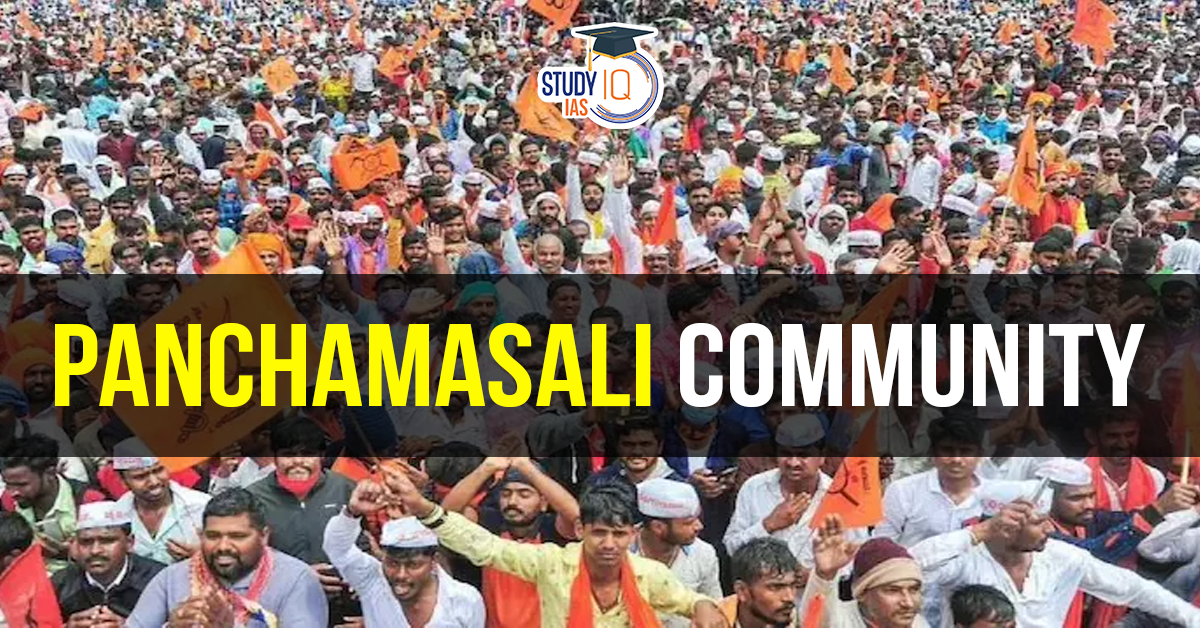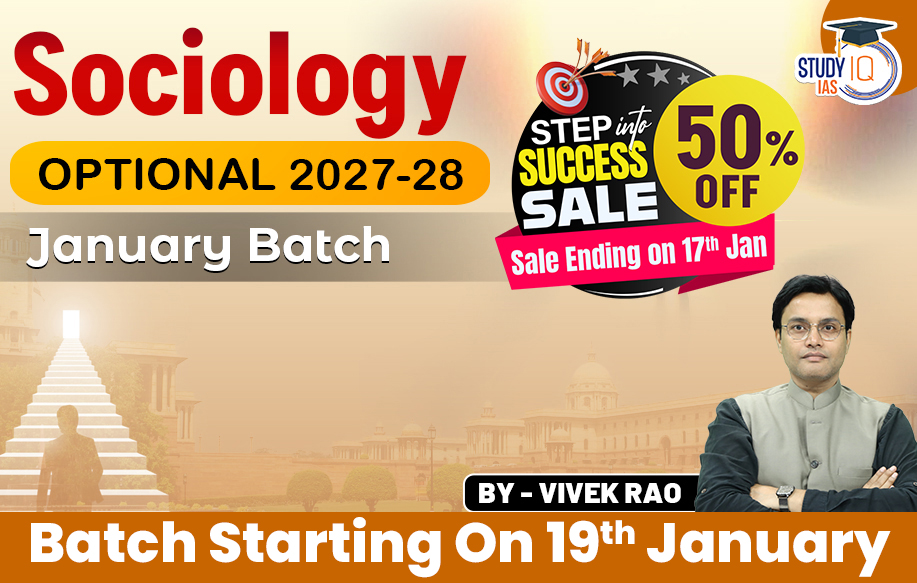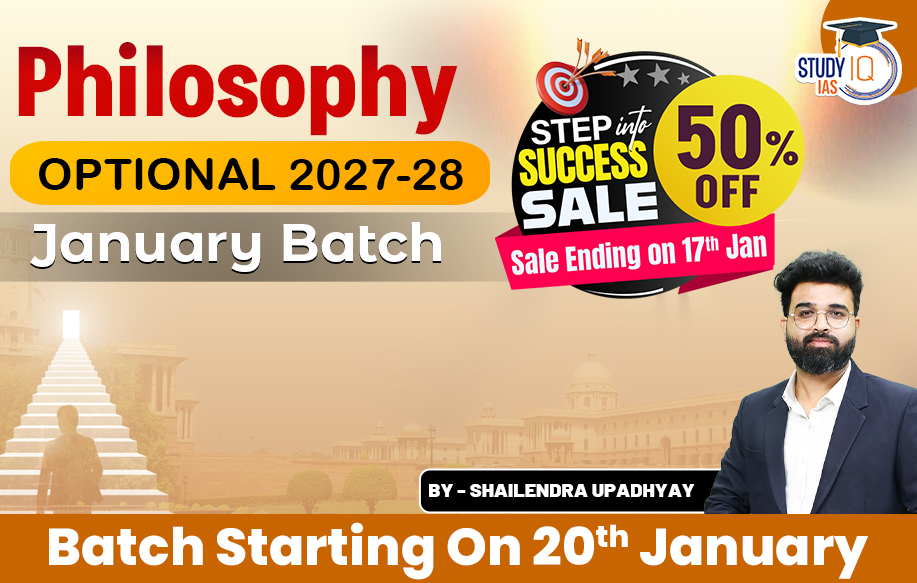Table of Contents
The Panchamasalis are a significant and influential sub-group within the Lingayat community, a sect that has played a pivotal role in Karnataka’s socio-religious and political fabric. With a history deeply rooted in the teachings of the 12th-century philosopher-saint Basavanna, the Panchamasalis continue to shape the discourse around caste, religion, and social justice in the region.
Who are the Lingayats?
The Lingayats, officially classified as the Hindu sub-caste ‘Veerashaiva Lingayats,’ are followers of Basavanna, a revolutionary thinker who sought to dismantle the rigid caste hierarchies prevalent in the 12th century. Basavanna’s teachings rejected orthodox Hindu practices and rituals, emphasizing instead a personal and emotional connection with Lord Shiva. His philosophy championed equality and inclusion, making the Lingayat community a beacon for social reform.
Panchamasalis: The Largest Sub-Group
The Panchamasalis are the largest sub-group within the Lingayat community, comprising nearly 70% of its population. This demographic dominance underscores their influence within the broader Lingayat fold and their significant role in the socio-political landscape of Karnataka.
Current Categorization and Demands
Currently, the Panchamasalis are categorized under Category 3B in the Other Backward Classes (OBC) list in Karnataka. However, they have been fervently demanding inclusion in Category 2A of the OBC list, a classification that offers greater reservation benefits. This demand stems from the community’s aspirations for enhanced socio-economic opportunities, including access to education and government employment.
Why the Demand for 2A Inclusion?
The push for reclassification is rooted in the perception that the current 3B categorization does not adequately address the socio-economic challenges faced by the Panchamasalis. Inclusion in Category 2A would potentially provide:
- Increased access to reserved seats in educational institutions.
- Greater representation in government jobs.
- Enhanced opportunities for social and economic mobility.
The demand also reflects a broader struggle for recognition and equity within the framework of Karnataka’s reservation policies.
The Socio-Political Impact
The Panchamasali community’s demand has garnered significant political attention in Karnataka. Leaders across party lines have engaged with the issue, recognizing the community’s numerical strength and electoral influence. The movement for reclassification has led to protests, rallies, and discussions at various levels of governance, highlighting the community’s determination to achieve its objectives.
Conclusion
The Panchamasalis, as a major sub-group of the Lingayat community, embody the progressive ethos of Basavanna’s teachings while actively participating in the socio-political dynamics of modern Karnataka. Their demand for inclusion in Category 2A of the OBC list is not just a quest for reservation benefits but also a broader call for social justice and equitable development. As the largest segment of the Lingayat population, their aspirations and challenges will continue to shape the discourse on caste, community, and governance in the state.


 National Sports Governance Rules 2026: N...
National Sports Governance Rules 2026: N...
 First Global Repository of Ice Cores: Pr...
First Global Repository of Ice Cores: Pr...
 Futuristic Marine and Space Biotech
Futuristic Marine and Space Biotech

























